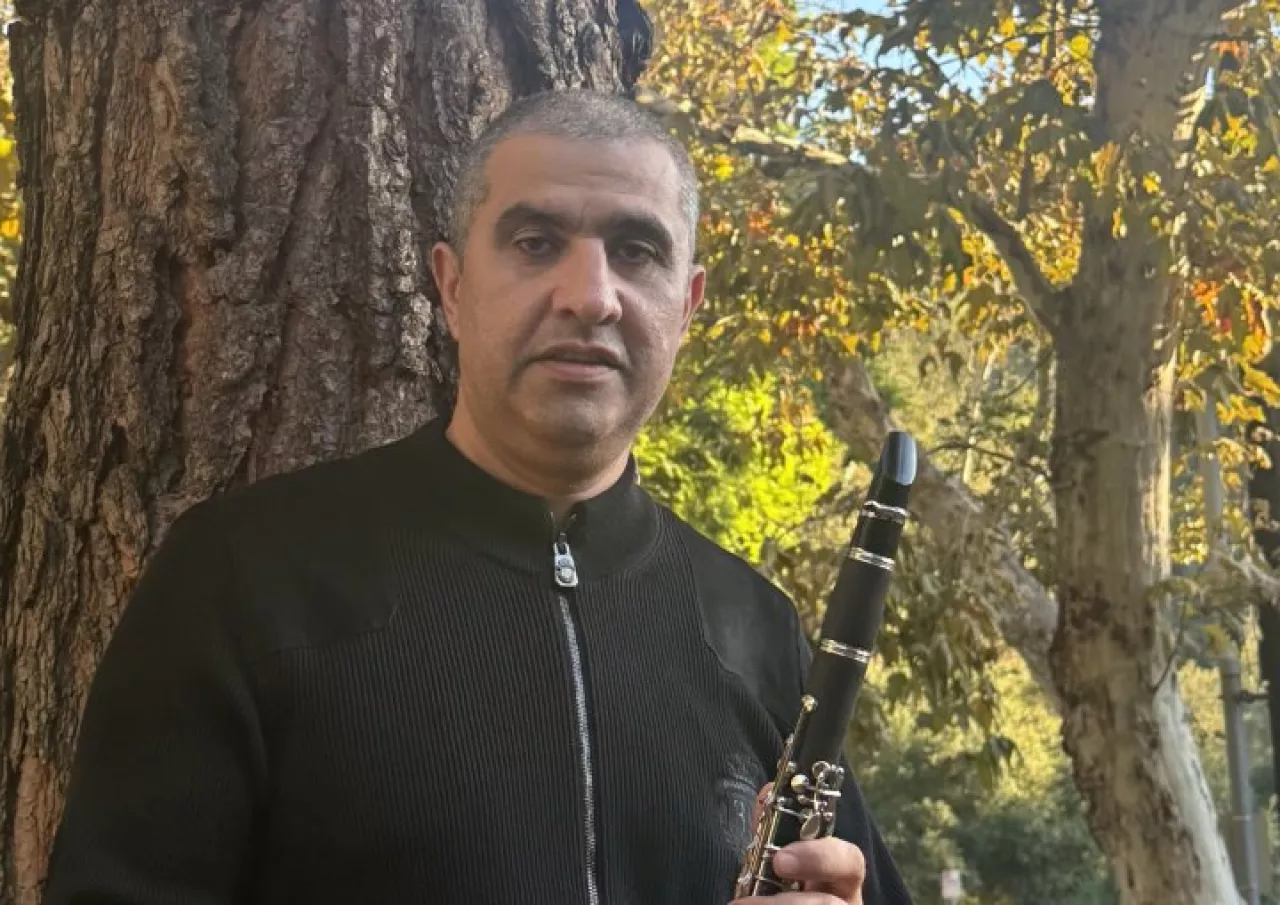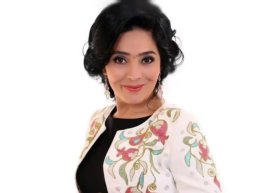Sergey Kas'yan: Music helps preserve traditions

In the fall of 2025, a record number of weddings were held in Uzbekistan. According to the State Statistics Agency under the President, more than 95,000 marriages were registered from January to September, which is 7.3 percent more than the same period last year.
Wedding ceremonies remain one of the main ways for the Uzbek diaspora to preserve their cultural identity. Even thousands of kilometers away from their homeland, weddings are organized according to all traditions—with ceremonies, hospitality, and most importantly, live music.
According to the International Organization for Migration (IOM), in 2024/25 more than 2 million citizens of Uzbekistan live and work abroad. Whether it’s Moscow, Istanbul, or New York, one thing remains unchanged at Uzbek weddings: the invigorating energy of live music.
The clarinet, saxophone, and duduk have become symbols of national joy and cultural memory. Among those preserving this tradition is Sergey Kas’yan, a musician from Bukhara.
This year, he is celebrating 25 years of membership in the Bukhara Musicians Association. Since 2000, he has been developing the Bukhara percussion and wind instrument school.
As a laureate (2nd place) of a national competition held in Tashkent and a jury member of a youth competition, Kas’yan builds bridges between generations and continents with his professional skills. His life shows how music helps Uzbeks living abroad maintain a connection with their native culture and preserve the emotional essence of national festivals.
Wind instruments occupy a central place in Uzbek weddings and celebrations. They are distinguished by their loudness, the power to evoke emotions, and the ability to engage large audiences.
The rich sound of ornamental music is suitable for both street festivities and large halls. According to Sergey Kas’yan, wind instruments set the rhythm of the event, guide the emotional highlights, and sometimes even change the scenario.
Considering the tradition in Uzbek culture of not holding rehearsals, and that most halls are not adapted for live performances, musicians have to rely on their ears and experience. During weddings, wind instruments—clarinet, saxophone, and duduk—allow musicians to adapt to the venue, the audience, and the format.
At events attended by people of different ages and cultural backgrounds, this approach makes the program understandable to everyone. Kas’yan has been developing his musical artistry in the Bukhara Musicians Association since 2000.
Here, he acquired the best methodologies, effective ways to organize ceremonial programs, and a rich collection of repertoires. His experience as a youth competition jury member helped him develop strict criteria for performance quality.
Even afar from their homeland, members of the Uzbek diaspora continue to hold weddings in accordance with all customs and traditions. This is one way of preserving their language, lifestyle, and tunes of their native land.
With his experience, Sergey Kas’yan contributes to safeguarding the national traditions of his people. He emphasizes that music can convey cultural meanings even without translation.
Through music, it is possible to preserve the national culture of the Uzbek people, even abroad. Most importantly, with melodies, the musician helps his compatriots forget about thousands of kilometers and have the opportunity to return to their homeland.
Read “Zamin” on Telegram!
Ctrl
Enter
Found a mistake?
Select the phrase and press Ctrl+Enter 




















